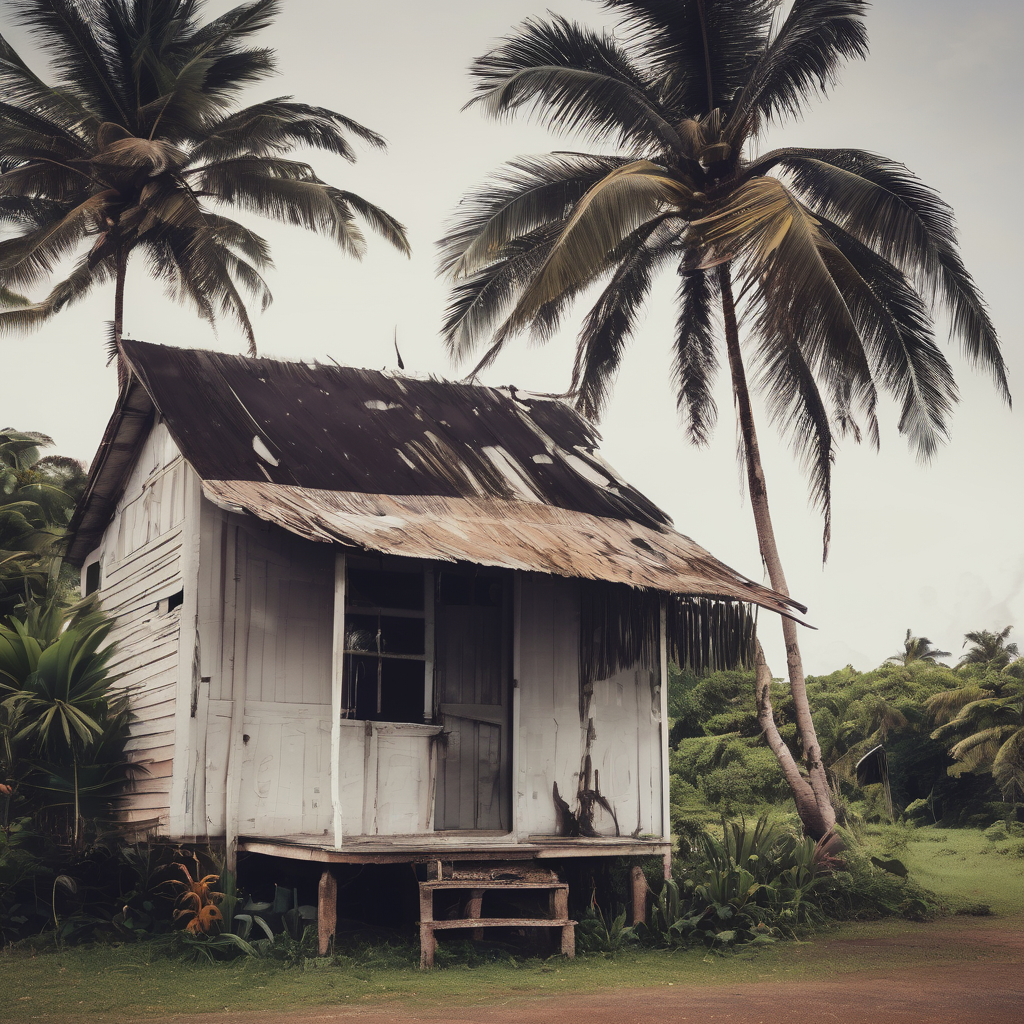Fiji is currently confronting significant challenges in housing insecurity and a shortage of local leadership, all the while grappling with pressing political developments, including recent discussions in Parliament and high-profile events such as the visit from Indian President Droupadi Murmu. With over 250 informal settlements present across state, iTaukei, and freehold lands, many families are facing considerable uncertainty regarding their living situations. Of particular concern is the potential eviction of approximately 100 families from the Waisasa Settlement in Tacirua, a situation that remains under active scrutiny due to its complex legal and social implications.
Government agencies have recognized that funding shortfalls and resistance from illegal settlers have impeded effective resettlement efforts. Since 2010, initiatives aimed at relocating squatters have yielded minimal progress, despite over 40 land development leases issued by the iTaukei Land Trust Board. As discussions about housing continue, the challenges confronting these families are urgent and require immediate attention.
Additionally, Fiji faces a critical gap in local leadership, with more than 6,000 chiefly and customary positions remaining unfilled and an occupancy rate of only 47%. This lack of leadership threatens traditional governance structures and could hinder community cohesion, complicating the decision-making processes essential for addressing housing and other social challenges. The iTaukei Lands and Fisheries Commission has launched province-by-province consultations to fill these vacant roles, achieving an encouraging success rate of about 80% during recent outreach efforts. Strengthening local governance through the revitalization of traditional leadership is vital for facilitating community engagement around housing development and other pressing issues.
On a more positive note, efforts to improve housing conditions are underway. The Public Rental Board (PRB) has recently refurbished 36 previously unoccupied units at Jittu Estate in Raiwaqa, which are now set to be offered for rental or purchase. This initiative represents a proactive approach to enhance living standards for families in need and aligns with broader strategies to integrate poverty alleviation supports for tenants who wish to return to rural settings.
International organizations such as UN-Habitat emphasize the significance of housing as a fundamental human right and project that the global demand for affordable housing will only intensify in the coming years. As Fiji navigates these intertwined issues of leadership and housing, there emerges a hopeful outlook: the ongoing collaboration between government agencies, traditional leaders, and communities can foster innovative solutions that restore trust and improve living conditions for families across the nation.
With the commitment to fill leadership vacancies and implement targeted housing initiatives, Fiji is positioning itself to address these challenges effectively, paving the way for a brighter, more sustainable future for its communities. Continued community engagement and strategic partnerships can unlock pathways to resilience and equity, ensuring that families are afforded the opportunity for improved livelihoods and living situations.
